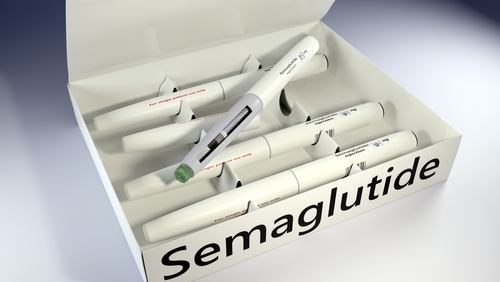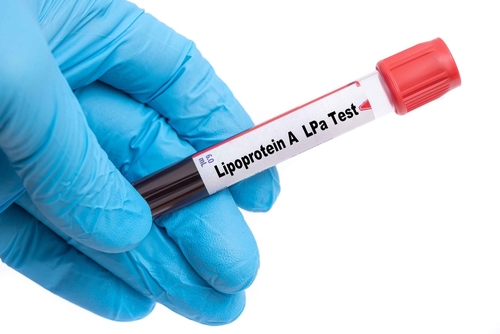
Despite previous research that drinking in moderation isn’t a large health risk (and may even have some benefits), new research warns that any amount of alcohol consumption is dangerous.
According to the major global study published online in The Lancet, “the safest level of drinking is none.” Alcohol led to 2.8 million deaths worldwide in 2016, per the report.
Researchers collected data between 1999 and 2016 from 195 countries for people between ages 15 and 95 years and older. They estimated alcohol use and alcohol-attributable deaths and disability-adjusted life-years (DALYs) using the Global Burden of Diseases, Injuries, and Risk Factors Study 2016. The study extracted data from 694 sources, pulled risk estimates from 592 studies, and assessed data on a combined 28 million individuals. For the study’s purposes, a drink was defined as 10 grams of alcohol.
In 2016, alcohol was the seventh leading risk factor for death and DALYs and was responsible for 2.2% of age-standardized female deaths and 6.8% of male-standardized deaths.
Alcohol was the leading risk factor of deaths for the population aged 15-49 years for both sexes, constituting 3.8% of female deaths and 12.2% of male deaths. Among this same age group, alcohol use was linked to 2.3% of DALYs in females and 8.9% of DALYS in males. The top three attributable deaths in this age group were caused by tuberculosis (1.4%), road injuries (1.2%), and self-harm (1.1%).
The use of alcohol “poses dire ramifications,” the report states, adding, “[No alcohol consumption] is in conflict with most health guidelines, which espouse health benefits associated with consuming up to two drinks per day. Alcohol use contributes to health loss from many causes and exacts its toll across the lifespan, particularly among men.”
#Alcohol is a leading risk factor for premature death. The researchers conclude that "the safest level of drinking is none." https://t.co/DUpPcfImzI @TheLancet pic.twitter.com/4coSEAsPCH
— PhysiciansFirstWatch (@Physns1stWatch) August 24, 2018
David Spiegelhalter, Winton professor for the public understanding of risk at the University of Cambridge, countered the study in a blog post, suggesting that the findings may not apply to “moderate drinkers.”
“The paper argues that their conclusions should lead public health bodies ‘to consider recommendations for abstention,’” Spiegelhalter writes. “But claiming there is no ‘safe’ level does not seem an argument for abstention. There is no safe level of driving, but government do not recommend that people avoid driving.
“What has been underappreciated, what’s surprising, is that no amount of drinking is good for you.” Interesting news from CDC about alcohol consumption. #ALD https://t.co/jMuUejEDPZ
— Steven Echard, CAE (@StevenEchard) August 24, 2018
“Come to think of it, there is no safe level of living, but nobody would recommend abstention.
“Presumably people who choose to drink alcohol moderately get some pleasure from it, and any risk needs to be traded off against this enjoyment.”
Sources: The Lancet, CNN







 © 2025 Mashup Media, LLC, a Formedics Property. All Rights Reserved.
© 2025 Mashup Media, LLC, a Formedics Property. All Rights Reserved.